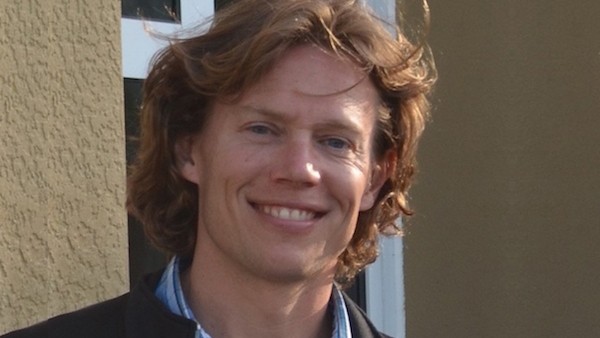Life Sciences Café

"Toward translational evolutionary microbiology using the lens of genomics"
Presented by Vaughn Cooper, associate professor, microbiology and molecular genetics, University of Pittsburgh
Bacterial populations often experience strong selection as they cause human infections. Genome sequencing of these populations reveals the evolutionary process in action and identifies mutations that enhance fitness in the host. For opportunistic pathogens that are relatively maladapted to mammalian hosts, this process is analogous to the original Facebook motto: “Move fast and break things.” Moving fast is essential because failure to adapt is lethal, and the broken things are new alleles that are scarce in natural environments because they are maladaptive. Although the spectrum of early adaptive mutations may vary with species, host, and infection type, adaptation often proceeds by nonsynonymous SNPs that cause partial loss-of-function in negative regulators, which amplify a suite of traits relevant to colonization, adherence, stress tolerance, and immune evasion. Because these traits are also associated with the biofilm lifestyle, a broad array of traits for host adaptation may already be coordinated in opportunistic pathogens by a long history of selection in biofilms. Thus, opportunistic pathogens that can form biofilms, such as Pseudomonas aeruginosa, Acinetobacter baumanni, Burkholderia spp. and many others may pose threats precisely because they are always only a few broken steps away from short-term fitness in a new host.
Location note:
Unlike other seminars in the series, this program will take place in the Biodesign Auditorium.
Light refreshments will be served.